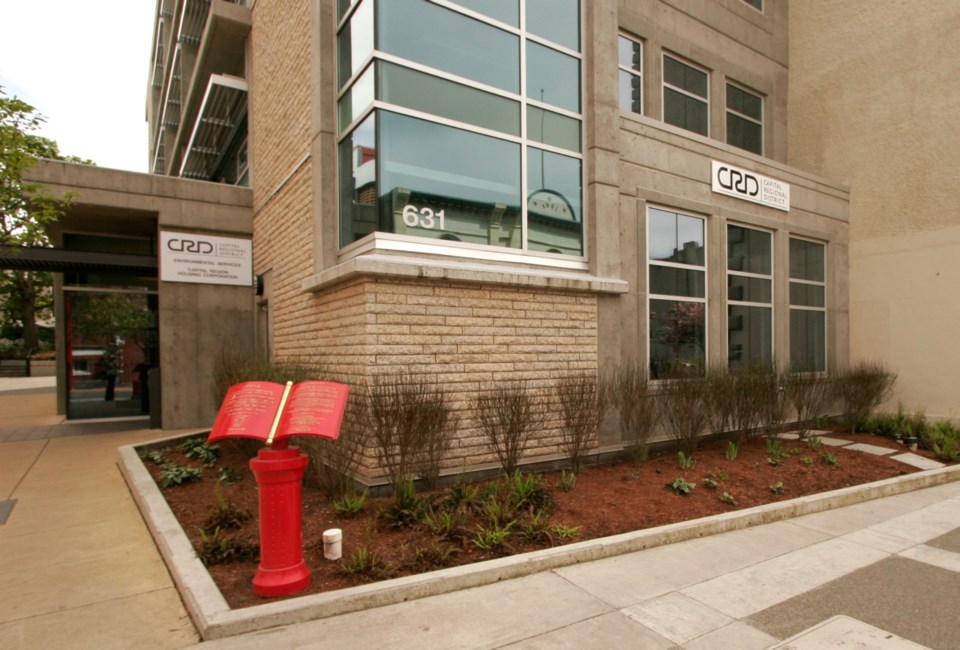Ganges residents will go to the polls in July to decide whether to borrow up to $3.9 million to repair their aging sewage-treatment plant.
If approved, the borrowing would add $179 in fees a year for 20 years to each of the 565 users on the system, said Peter Sparanese, senior manager of infrastructure engineering and operations for the Capital Regional District.
It’s hoped a senior government grant will soften the financial blow. The CRD board has endorsed an application for two-thirds funding through the joint federal-provincial New Building Canada Fund-Small Community Fund.
Under the program, which runs until 2024, the provincial and the federal governments each allocate $109 million to support infrastructure projects in communities with a population of less than 100,000 people. “We’re crossing our fingers, obviously, because it’s a relatively small number of people but it’s a very important facility because it feeds all the core of our island,” said Salt Spring Island CRD director Wayne McIntyre.
The referendum covers the entire cost of the upgrade, so if the vote is yes, the project could move ahead even if the federal-provincial funding doesn’t come through. If the grant is awarded, the loan amount will decrease accordingly.
McIntyre, who sits on the Ganges Sewer Local Services Commission, which is recommending the borrowing, calls the plan to upgrade the plant “an excellent proposal.”
“An upgrade of some sort is needed,” he said.
Capital Regional District staff say the plant, built in the 1980s, is in serious need of repair. Many of its components are at the end of their life and the facility is in danger of falling out of compliance with provincial regulations.
If the vote is no or the grant doesn’t come through, the commission might be tempted to try to save money by doing the project in a piecemeal fashion, McIntyre said. It’s not an approach he supports.
“At the end of the day, are you not putting good money after bad if you don’t go for the total of $3.9 million?
“If you did a present worth of all the costs, if you did it in pieces it might be significantly higher than that. Plus there’s the potential for down time,” he said.
But McIntyre said a yes vote is no slam dunk.
“If you look overall, not only Salt Spring but in a lot of other governments, the fact is a lot of people are becoming tax adverse. We’ve had a number of referendums on Salt Spring turned down,” he said.
The sewer-system borrowing referendum will be held July 25.



